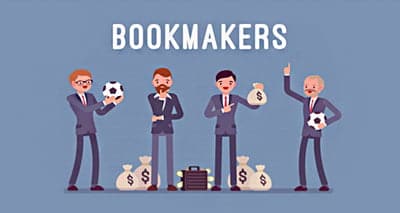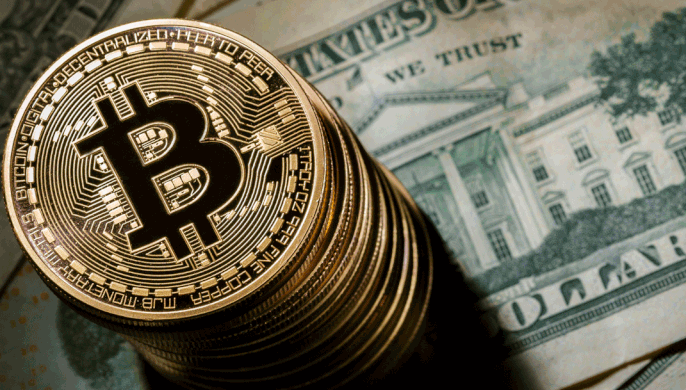How Do Bookmakers Make Money
‘How do bookmakers make money’ is a fundamental question you’ve probably considered when gambling for any serious length of time, and it’s one many seasoned gamblers don’t know the answer to. You may have heard people claiming; ‘the bookies always win’, but why? Understanding this will give you greater insight and help you to make more informed decisions when betting in any capacity – and knowledge makes money in this game.
The spread betting bookmaker makes money from the difference in the stake and payout. Markets fluctuate based on the balance between buy and sell stakes. Exchange betting first. The other thing that bookies do to make money is to use a pay per head website that allows you to piggyback off their lines and betting platform. Price per head websites, such as AcePerHead.com.

There are two integral factors to how bookmakers make their money. The first and most obvious major impact is from coming to the right odds when the bookies decide the probability of an event. The traders coming up with these numbers are usually seasoned professionals and are aided with powerful tools, so their judgement on probability is usually a fair reflection on the outcome. The second is the changing of betting lines down to market liquidity, which we’ll come to later.


How Do Bookmakers Make Money
How do they work out their odds and probability?
The easiest way to work out the probability the bookmakers has given simply divide 1 by the odds amount, then x 100. Let’s take an example:
William Hill’s odds in the 1X2 market for Liverpool v Manchester City. Liverpool are priced at 2.60, the draw 3.60 and Manchester City are slight favourites for the win at 2.55. With that info we can work out that William Hill think the Liverpool win is 38.4% likely (1/2.60 x 100), the draw is 27.7% (1/3.60 x 100) and the City win is 39.2% likely.
How much profit do the bookies take?
Those fast at mental arithmetic would be questioning the maths in the Liverpool v Manchester City fixture, as the combined percentage of probability is more than 100% – 105.3% to be precise. That extra 5.3% is known as the overround/vig/juice/commission i.e. the profit the bookmaker will take from all outcomes – it’s already built into the odds. Not a huge amount, especially when you consider bookmakers can take more than 20% overround on occasion. However, to remain competitive and to due to the high volume of bets predicted, a lesser percentage can still reap sweet profits for William Hill.
Another big reason for why they can be comfortable with the 5% is due to their confidence in the result. In football with ample data, form and opinion to build probabilities on, it’s easy to come to an accurate figure, in other sports where there is less data, expect higher margins built in.
The more unusual the market, the more ‘vig’ is built into the bet. The most popular sporting bet (the 1X2 market) will have a lesser percentage going to the bookmaker with only three outcomes, prop bets (such as two specific players to be carded) will offer less odds than the actual probability of the event to happen, as these can’t be layed by the bookmaker in the traditional sense.
How do punters bets effect the market?
This is the second major impact on odds setting by bookmakers. Bookmakers must factor in where bets are likely to be placed, when these will happen and they must ‘balance the books’. If everyone bets in perfect proportion across their markets then the bookmaker’s job is done, but the reality is that this doesn’t happen quite so simply.
In the Liverpool v Manchester City example we were looking at previously, punters may see a key player is out for Manchester City and suddenly that Liverpool win at 2.60 becomes a lot more attractive. However as these bets mount, the bookmakers are forced to drop the odds to discourage further bets and to maintain their profit on that particular outcome. As they do this, they will also likely increase the odds on the opposing outcome to balance the books.
How Do Illegal Bookies Make Money
When do bookmakers lose money?

When they’re overexposed on winners. Failing to balance their books through lowering their odds on the favourite, they will look to lay off other bookmakers. This isn’t always feasible, so if they’re overexposed on Liverpool for example come kick off, as are all other bookmakers, a Liverpool win means a reduction in profit.
RebelBetting products are made to outsmart the bookmakers. With ValueBetting, you take advantage of overpriced odds that are higher than their true probability. With RebelBetting you cover all outcomes in a game and make a profit no matter which team wins.